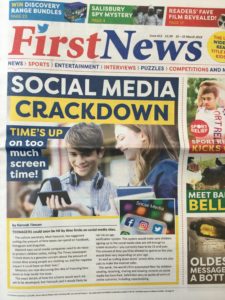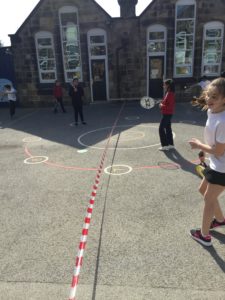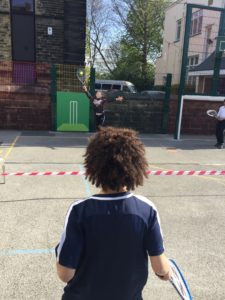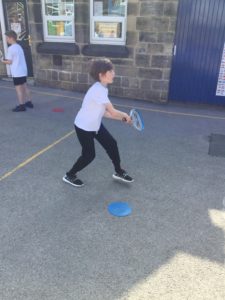Today, as part of our reading session, we read the FirstNews papers. We came across this article on the front page and the children decided it was an important issue to discuss.

We immediately put a stop to our reading session and discussed our use of social media as a class. We discussed a lot about being online: the benefits, the negatives, how much we time we spend online, how adults use social media and much more!
Much of what we discussed was positive. Children were able to see the huge benefits that being online and social media can have. They were able to say what they should do if they come across something they’re not happy with and most children said they have spoken to their parents about how to stay safe online and when using social media. We also learnt that some parents keep the password for devices from their children so that they know exactly what their children are doing online.
However, there were also some less positive things that we learnt through our discussion:
- Despite the recommended age for using social media sites being 13+, 17 children said they use at least one site regularly (Facebook, SnapChat, WhatsApp, Twitter, Instagram, Musically etc)
- 14 children claimed they are online for more than 2 hours every school day
- 13 children claimed they are online for more than 3 hours every school day
- 8 children claimed they are online for more than 5 hours every school day
- 10 children said they think they spend too much time online
- 3 children admitted they think they spend too much time online but don’t know how to stop
- 21 children said they have constant access to a device that lets them get online (phone, tablet, laptop, Xbox, PlayStation)
- When playing games online, some children have played as part of a group with someone they don’t know
- 13 children admitted that they have talked to someone online that they didn’t know (we discussed how we all make mistakes but the best thing to do in this circumstance would be to block the person and tell our parents about the incident)
We also discussed how it’s not just children that are affected by the things we discuss. Adults are just as vulnerable online! And, 25 children in Year 5 said they think their parents spend too much time on their phones, tablets and laptops.
Obviously these facts are not 100% reliable but it was interesting to hear the children discuss this with complete honesty and great maturity. Please discuss this with your child – it’s super important for this generation!




